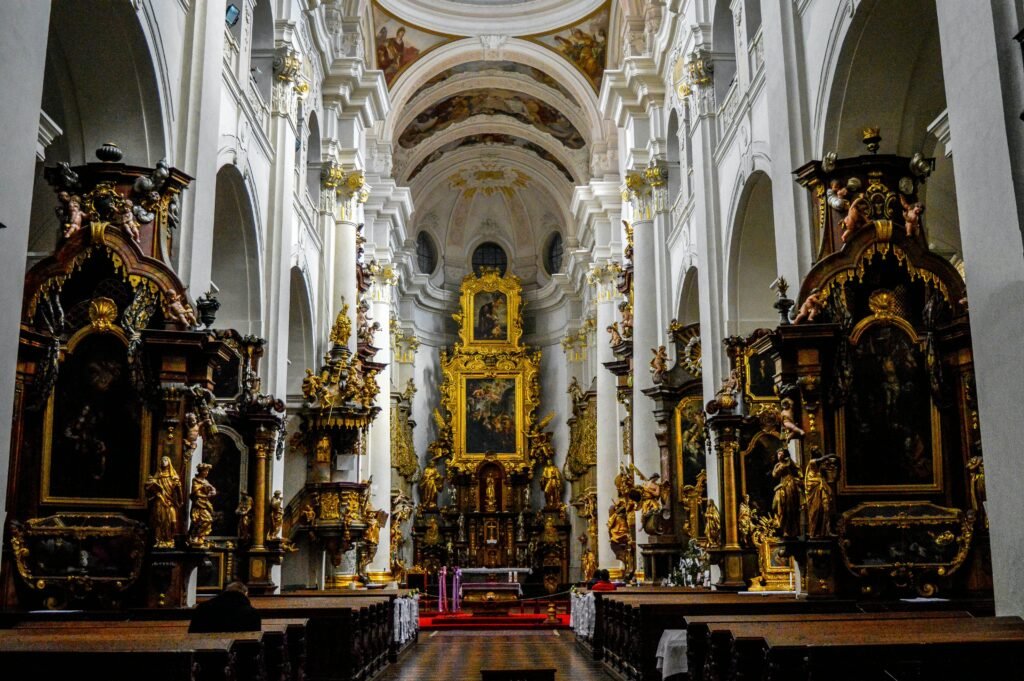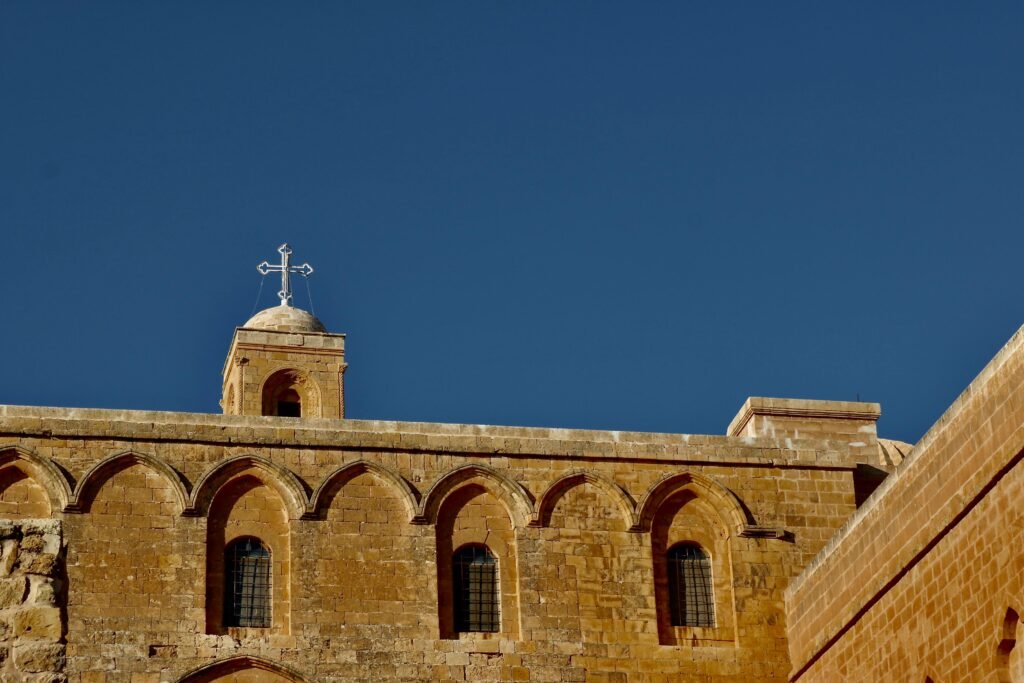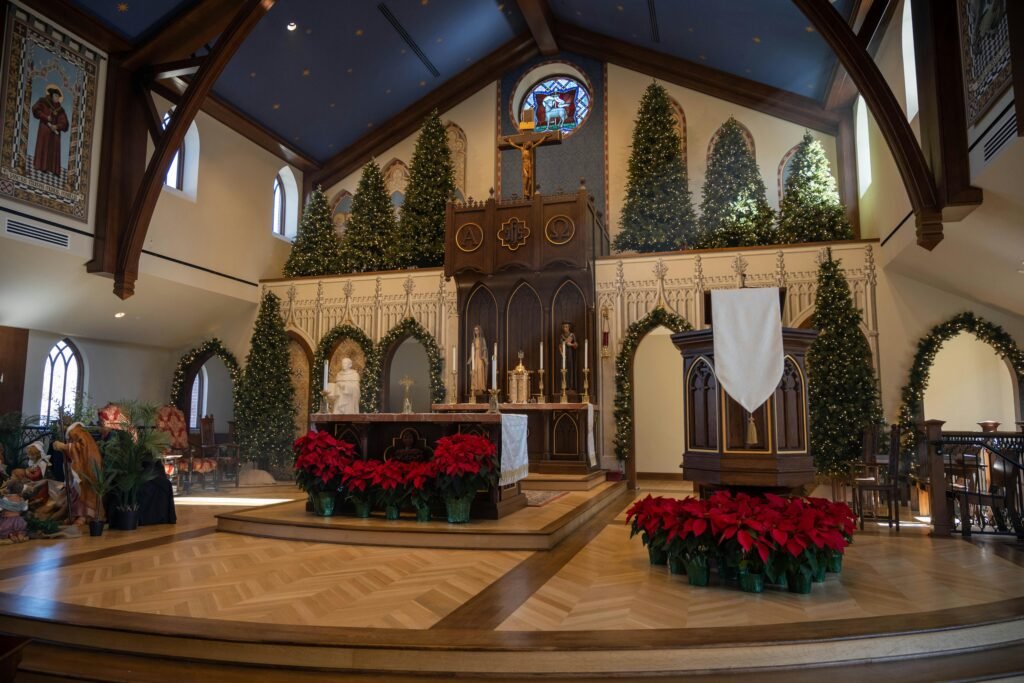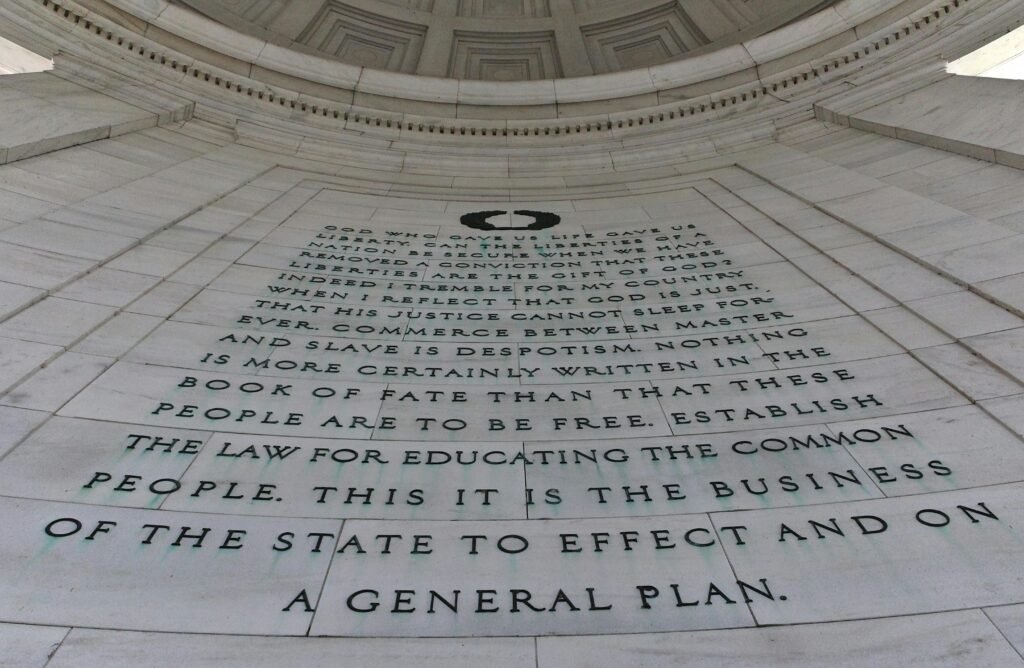HOLBEIN/ THOMAS MORE: a silent dialogue.
Holbein / Thomas More : a hidden dialogue? “I owe you the truth in painting and I will tell it to you.” ( Paul Cézanne to Emile Bernard, October 23, 1905) This assertion suggests more than one questions: what is the truth? Is there a speech-act in painting? If so, from the painter? Or from the […]
HOLBEIN/ THOMAS MORE: a silent dialogue. Lire la suite »




